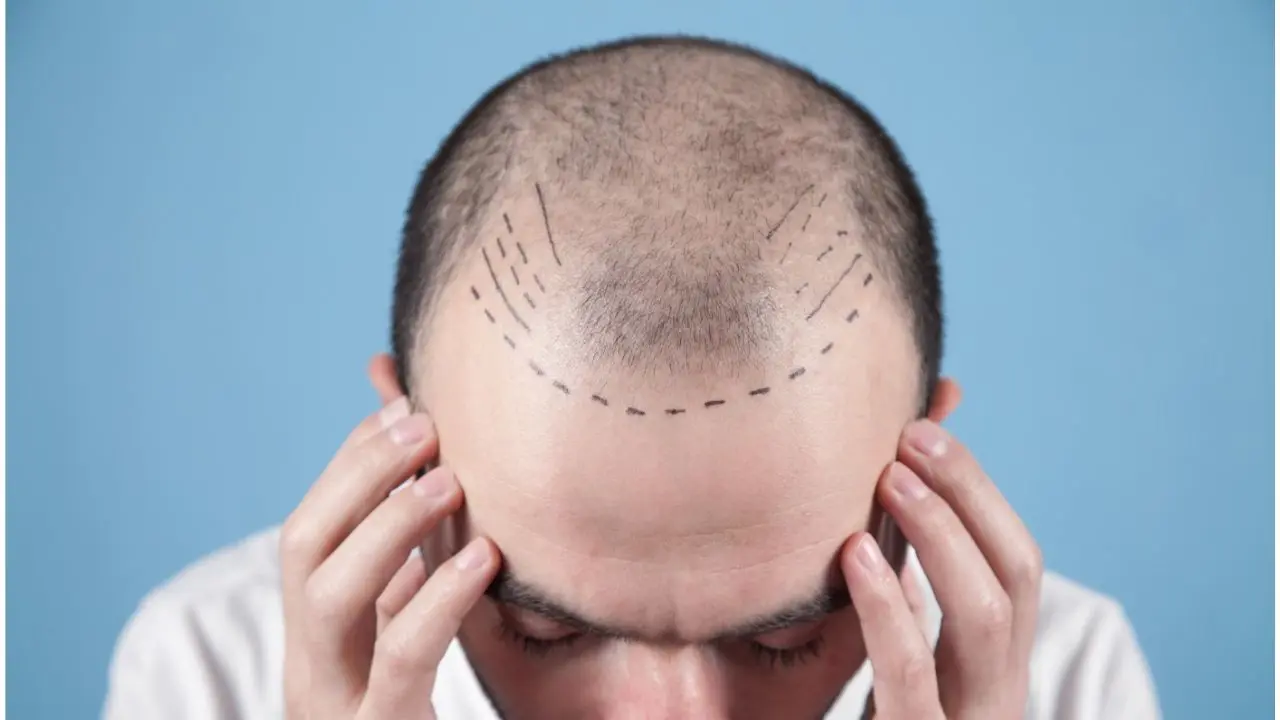
DHI, or Direct Hair Implantation, is an advanced hair transplant technique that involves the direct implantation of hair follicles onto the recipient area without the need for prior channel incisions.
Process Overview
- Extraction: Hair follicles are extracted one by one from the donor area using a specialized tool called a Choi implanter pen. These follicles are selected based on their quality and suitability for transplantation.
- Implantation: The extracted follicles are directly implanted into the recipient area using the same implanter pen. This tool allows for precise control over the angle, depth, and direction of the implanted hair, ensuring a more natural-looking result.
Advantages of DHI
- No Incisions: Unlike traditional hair transplant methods, DHI does not require prior incisions in the recipient area. This minimizes tissue trauma and leads to quicker healing.
- Precise Implantation: The Choi implanter pen allows for precise control during the implantation process, resulting in a more natural hairline design and overall aesthetic outcome.
- Faster Recovery: Due to the minimally invasive nature of the procedure, patients often experience faster recovery times compared to other techniques.
- Higher Graft Survival: The immediate implantation of follicles reduces the time they are kept outside the body, increasing their chances of survival and successful growth.
DHI is considered an innovative and minimally invasive technique in the field of hair transplantation. Its precise nature and reduced recovery times make it an attractive option for individuals seeking hair restoration with minimal downtime. Turkey, notably Istanbul, stands as a leading hub for health tourism, particularly renowned for hair transplant procedures. The combination of cutting-edge medical facilities and skilled practitioners has made Turkey a sought-after destination for individuals seeking quality and affordable hair restoration treatments.

Hair transplant procedures, a significant part of health tourism in Turkey, draw international patients due to the country's reputation for excellence in this field. The process involves state-of-the-art techniques such as Follicular Unit Extraction (FUE) or Follicular Unit Transplantation (FUT), ensuring effective and natural-looking results. The allure of Turkey for hair transplants lies not only in its medical expertise but also in its strategic positioning as a tourist destination. Patients can experience a blend of quality medical care and the opportunity to explore the cultural richness and beauty of Istanbul during their recovery period.

Turkey's success in hair transplants and health tourism can be attributed to its competitive pricing without compromising on quality. The affordability coupled with high standards of care has made it an appealing choice for individuals worldwide seeking hair restoration solutions. In conclusion, the synergy between healthcare excellence, advanced techniques, affordability, and the country's allure makes Turkey, especially Istanbul, a prominent destination for health tourism, specifically in the field of hair transplants. Patients not only receive top-notch medical care but also get to explore the vibrant and historical city while undergoing their recovery.
Frequently Asked Questions
What is the Difference Between DHI Direct Hair İmplantation And FUE?
How Successful is DHI hair Transplant?
The success of DHI (Direct Hair Implantation) hair transplant depends on various factors, including the skill of the surgeon, the quality of the donor hair, and the recipient area's condition. When performed by a skilled and experienced surgeon in suitable candidates, DHI can yield successful outcomes. It offers several advantages, such as precise and controlled graft placement, minimal trauma to the grafts, and potentially faster healing times compared to traditional techniques. Success in DHI hair transplants often includes factors like natural-looking results, high graft survival rate, minimal scarring, and overall patient satisfaction. However, individual results may vary, and it's crucial to have realistic expectations and consult with a qualified professional to determine suitability and expected outcomes.

